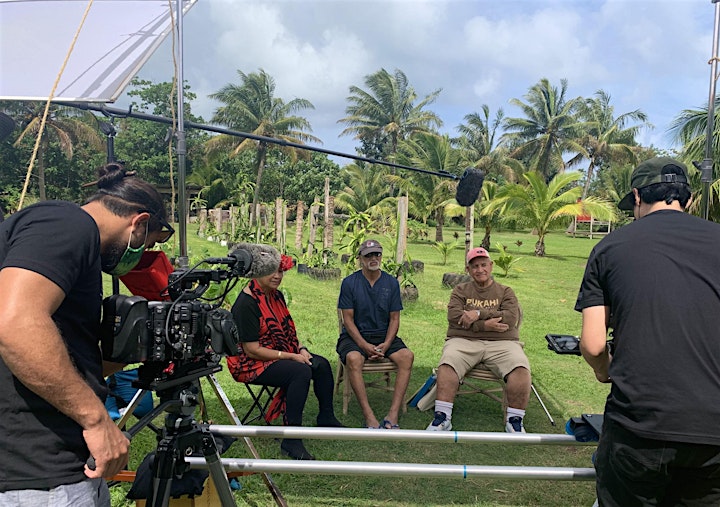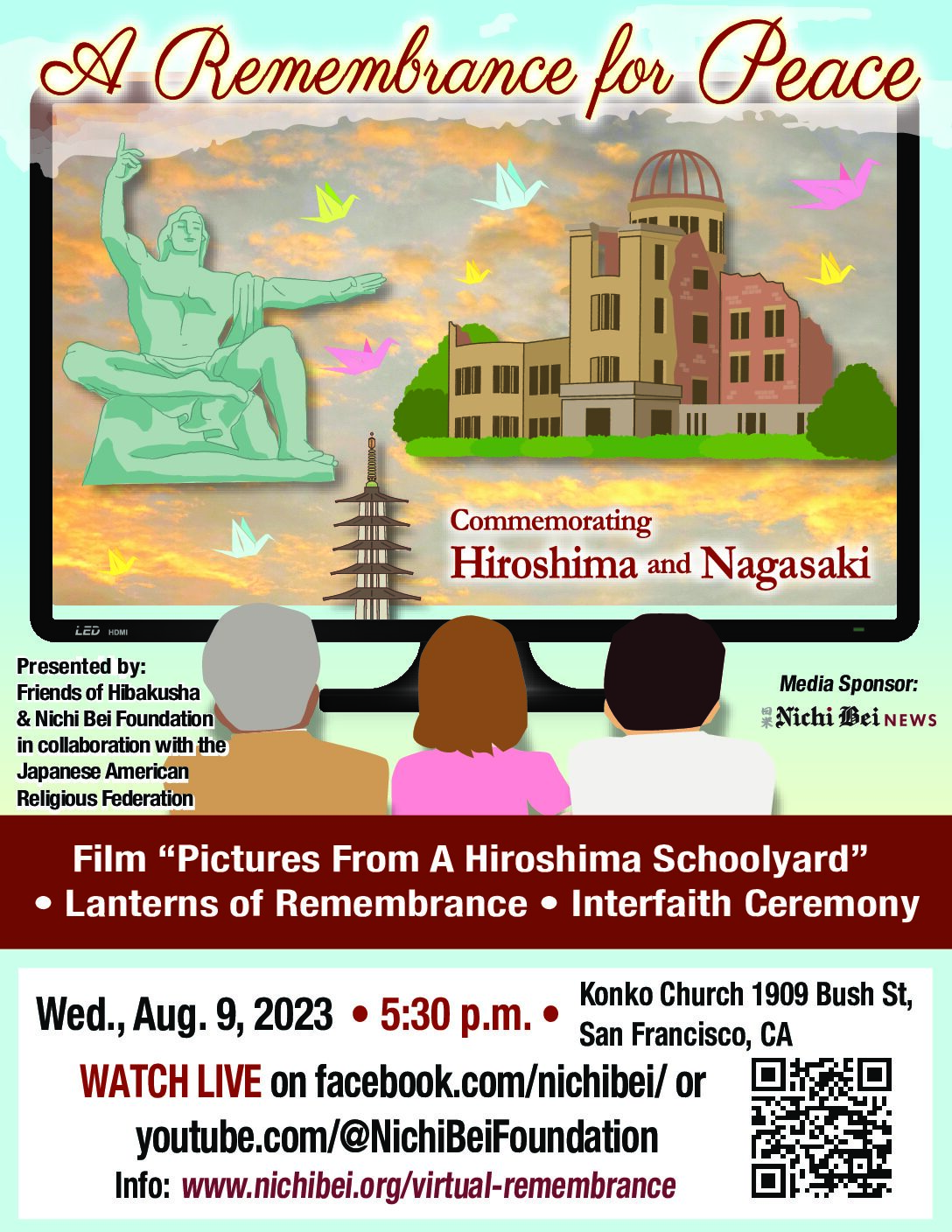
J-Sei’s Family Festival 2023
J-Sei’s Family Festival
Sunday, September 24, 12-3 pm
J-Sei, 1285 66th Street, Emeryville (btwn Hollis St & San Pablo Av)
Each year we celebrate “Keiro no Hi” respect for the aged day, a time to honor our elders and celebrate with our multigenerational families.
Pre-0rdersare now closed. The menu items will be available for walk-up sales at the festival.
Festival Schedule
11 am – Book Reading with Mystery Writer Naomi Hirahara on “Evergreen”
12 pm – Berkeley Buddhist Temple Taiko
12:30 pm – Cal Hawaii Club
1 pm – Book Signing with Naomi Hirahara, Eastwind Books booth
1 pm – Daruma no Gakko and J-Sei Intergen Choir
1:30 – Taiso Experience
1:45 – Let’s Groove
2:00 – Community Ukulele
Booths & Activities
Daruma no Gakko, Eastwind Books, Setsunai Snacks
Shared Cultures, Summer Scarves by Koko
Watercolor Meditations, paintings by Gerry Furuzawa, Karen Allen, and Wendy Kiniris (Gallery)
Senior Cuts by JR Studios and Chiha Hair (2nd floor) – by appointment
Festival Menu
Taco rice $16 – ground beef , lettuce, cheese, fresh salsa and avocado crema over koshihikari rice
Salmon Batayaki $18 – salmon marinated in butter hawaiian marinade, with sauteed mushrooms, onions with rice and mac salad
Katsu Dog $18 – pork katsu with savoy cabbage, tonkatsu aioli & pickled red onions in an Acme bun w/ a side of baby smashed potatoes
Korroke Dog $15 – vegetable croquette with savoy cabbage, tonkatsu aioli & pickled red onions in an Acme bun w/ a side of baby smashed potatoes
Vegetable Curry Rice $10
Kids bento $8 – chicken teri, broccoli and rice
Pre-order is now closed.
The above menu items will be available for walk-up sales. First come, first served. We look forward to seeing you at the festival.
Parking will be available (from 10 am-4 pm) at the Fratellanza Club, located 1/2 block up, next to McDonald’s. Look for the J-Sei Parking sign on the cyclone fence.
Featured Book Event with Naomi Hirahara
Evergreen, A Japantown Mystery
Sunday, September 24, 11 am (in-person & online)
With great anticipation, Evergreen, A Japantown Mystery continues the post-war resettlement story of Aki Ito who returns with her family from Manzanar to Chicago to Los Angeles. Meet dynamic mystery writer Naomi Hirahara as she shares her latest book that follows the award-winning Clark and Division. Come early and join us in the Atrium for the book talk.
RSVP via Eventbrite
“Hirahara humanizes the struggles of Japanese Americans rebuilding their lives from scratch. Her evocation of Little Tokyo haunts will bring a flood of memories for some Angelenos while introducing a new generation of readers to a pivotal period in L.A. history.” —Paula Woods, The Los Angeles Times
 About the Book
About the Book
A Japanese American nurse’s aide navigates the dangers of post-WWII and post-Manzanar life as she attempts to find justice for a broken family in this follow-up to the Mary Higgins Clark Award–winning Clark and Division.
About the Author
Naomi Hirahara is an Edgar Award-winning author of multiple traditional mystery series and noir short stories.
Nichi Bei Review: “Murder and Emotions Unravel in Post-War Little Tokyo Mystery”
Photo by Rafu Shimpo.







 With great anticipation, Evergreen, A Japantown Mystery continues the post-war resettlement story of Aki Ito who returns with her family from Manzanar to Chicago to Los Angeles. Meet dynamic mystery writer Naomi Hirahara as she shares her latest book that follows the award-winning Clark and Division.
With great anticipation, Evergreen, A Japantown Mystery continues the post-war resettlement story of Aki Ito who returns with her family from Manzanar to Chicago to Los Angeles. Meet dynamic mystery writer Naomi Hirahara as she shares her latest book that follows the award-winning Clark and Division.
 Hear from Dr. Jeffrey Velotta, a thoracic surgeon at Kaiser Permanente Oakland Medical Center, who is raising awareness on lung cancer and the need for pre-cancer screening in the AAPI community. In addition to his clinical duties, he is a clinical Assistant Professor in the Department of Surgery at the University of California, San Francisco (UCSF) School of Medicine.
Hear from Dr. Jeffrey Velotta, a thoracic surgeon at Kaiser Permanente Oakland Medical Center, who is raising awareness on lung cancer and the need for pre-cancer screening in the AAPI community. In addition to his clinical duties, he is a clinical Assistant Professor in the Department of Surgery at the University of California, San Francisco (UCSF) School of Medicine.




